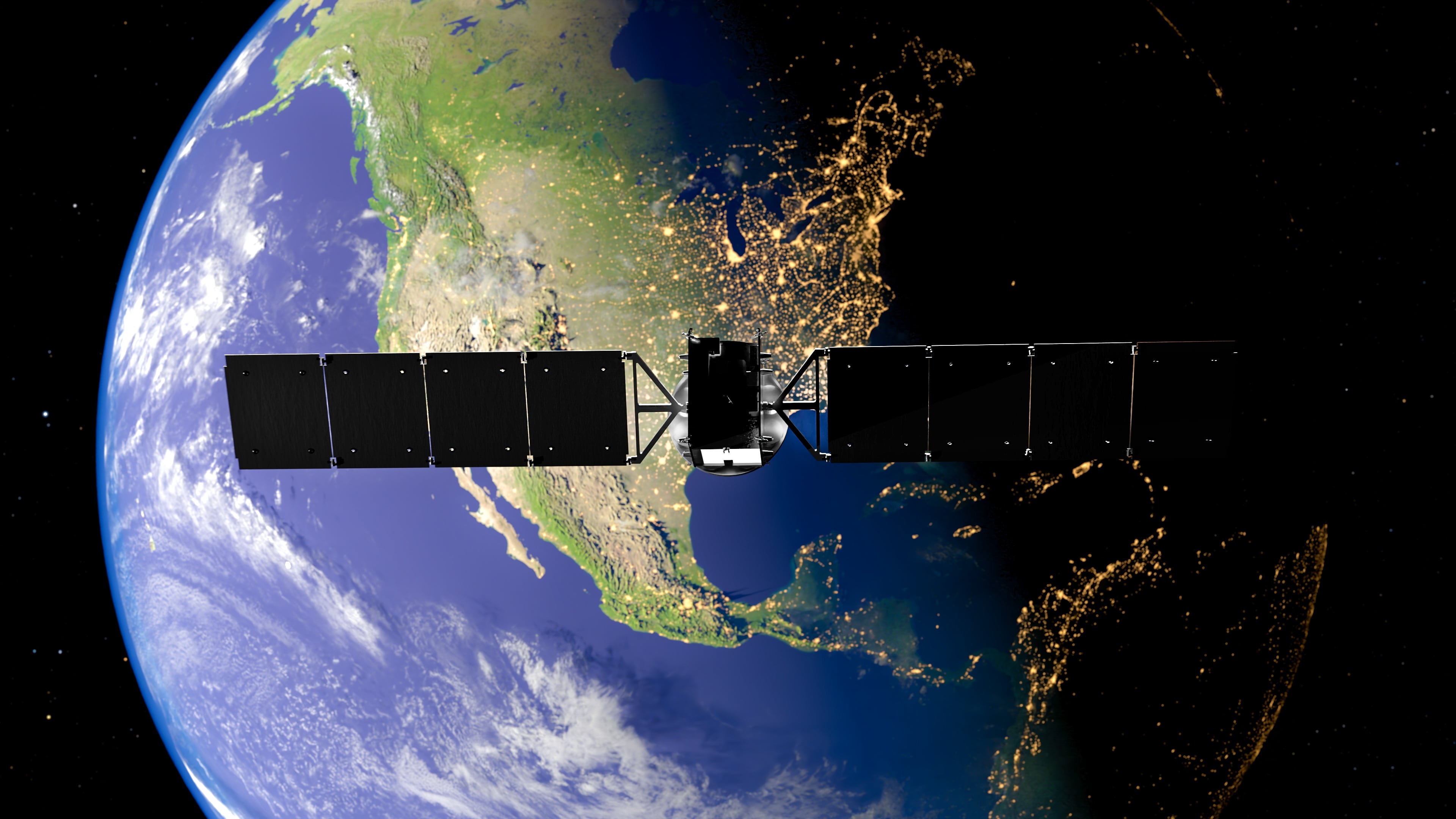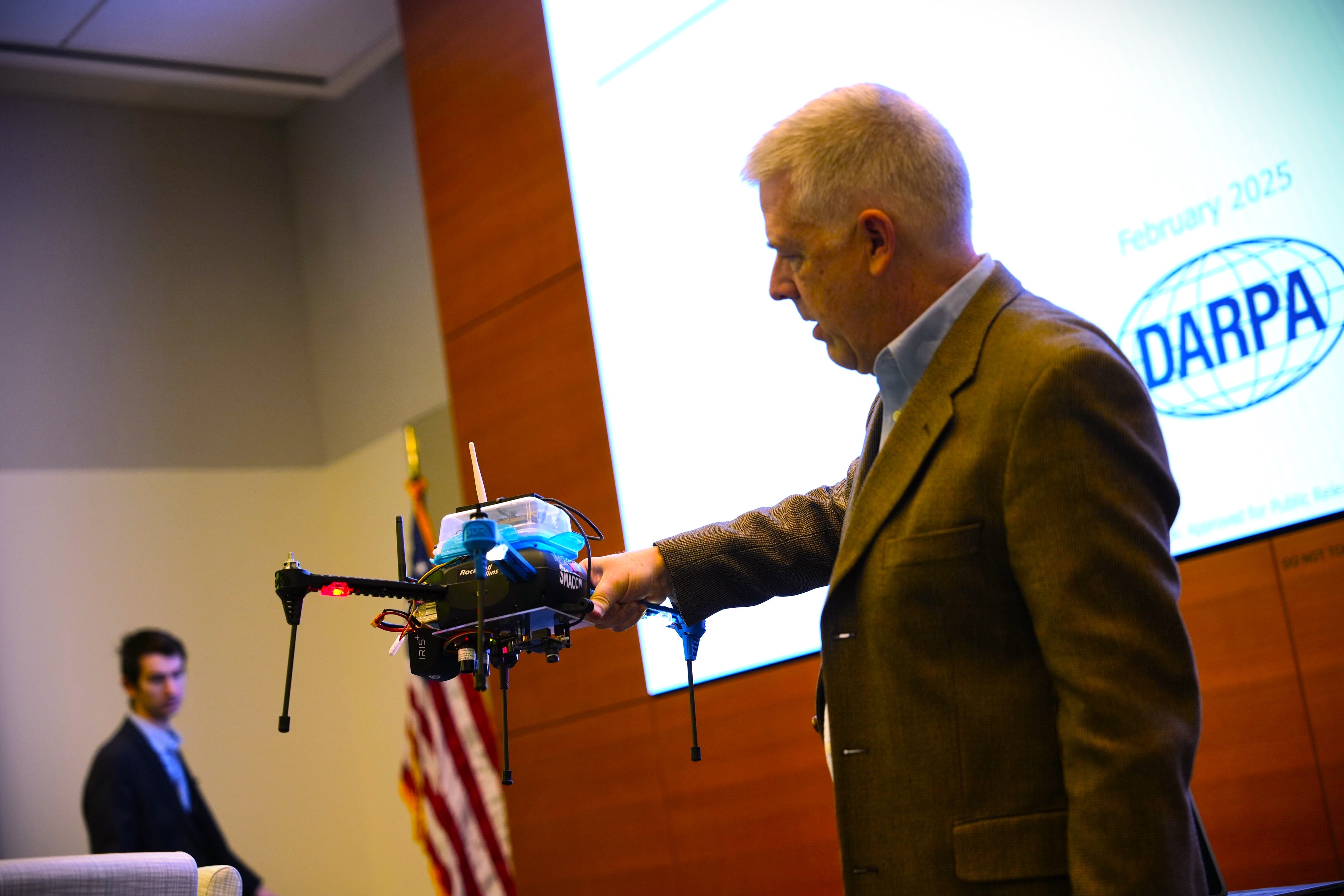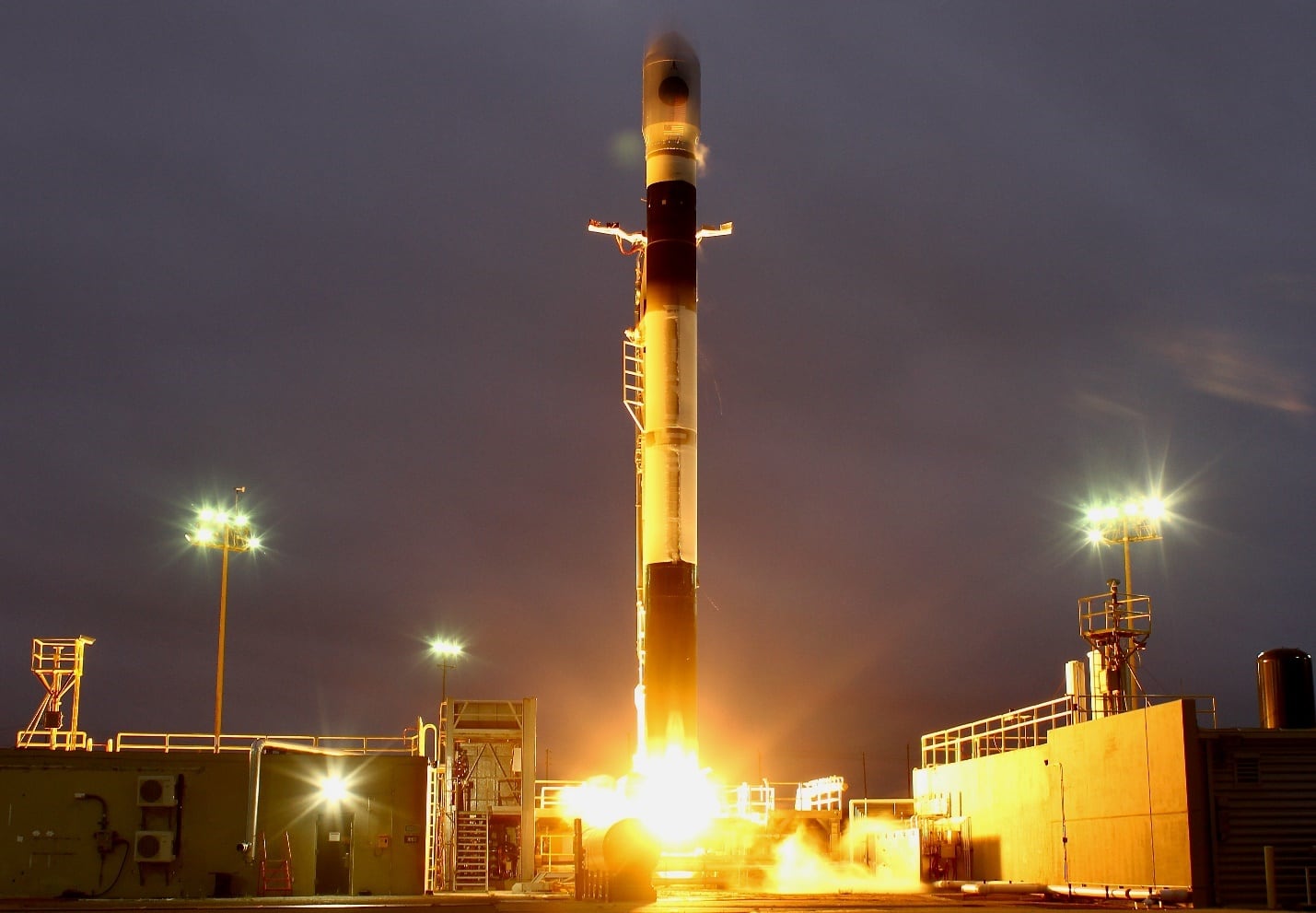Changes afoot for Air Force Cyber. For starters, the Air Force's new chief information officer will start this Friday.
Maj. Gen. (promotable) Bradford Shwedo's first day as Air Force CIO will be June 9, the service's Chief Information Security Officer Peter Kim told reporters Wednesday following his participation in a panel hosted by AFCEA's D.C. chapter.
Kim said Shwedo's promotion ceremony will be sometime this week, and by June 9 he will be Lt. Gen. Shwedo.
Shwedo, who most recently commanded the 25th Air Force, will take over for Lt. Gen. William Bender, who recently retired.
Kim also noted that the Hack the Air Force initiative has been a success thus far. First announced by Kim in April, the program is modeled after similar bug-bounty initiatives by the Pentagon and Army before it.
He noted that participants found some vulnerabilities in the first few minutes, adding that there's apparently a British hacker that's "very prolific."
The Air Force's program differs from previous iterations, as it opened up participation to international partners, specifically Five Eyes partners — the closest intelligence partners of the U.S that include the U.K., Canada, Australia and New Zealand.
Changes for AFCYBER
Kim also alluded to potential changes to the Air Force's service cyber component that feeds to U.S. Cyber Command.
"I think you'll see some more news on that here in the next few months on where the Air Force is putting their cyber forces internally within the Air Force. I think that's maturing onto the next level in where we want to put those people," he said. "Right now they're under Space Command, and I think you're going to see some changes here in the near future. I don't think I can say anything more on that."
Kim declined to provide more specifics as to not get ahead of decisions being examined by the Air Force chief of staff.
One proposal being looked is the merging of two numbered Air Forces. Col. Robert "Chipper" Cole, director of Air Forces Cyber Forward, told C4ISRNET that the service is considering merging the 24th Air Force and 25th Air Force.
While the 24th is the sole cyberspace operations component for the service, the 25th — which provides global ISR for the Air Force — provides intelligence personnel to AFCYBER. Thus, AFCYBER is 60-40 cyber-intelligence.
Cole said this decision will be discussed at the next Corona leadership forum.
Currently, the heads of the Air Force and Marine Corps service cyber component commands are two stars while the heads of their Army and Navy counterparts are three stars. The merging of these two numbered commands would likely be a three-star billet.
The Air Force has drawn ire from Congress for the paths of some of its cyber officers. "Out of the 127 Air Force cyber officers, that completed their first tour on the cyber mission force, none went back to a cyber-related job," Senate Armed Services Committee Chairman John McCain, R-Ariz., said during a May 9 hearing.
"That is unacceptable and suggests a troubling lack of focus. It should be obvious that the development of steady pipeline of talent and retention of the ones we’ve trained already is essential of the success of the cyber mission force."
Mark Pomerleau is a reporter for C4ISRNET, covering information warfare and cyberspace.








